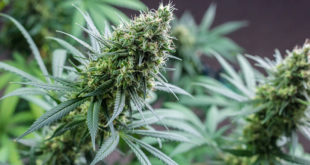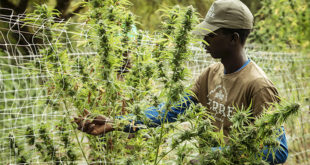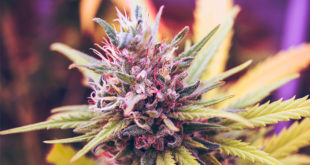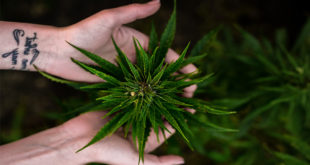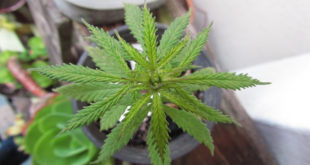
There’s no question that marijuana is selling in Alaska, but is it enough to fund the state’s regulatory overhead? Between October 2016 and June 2017, it’s reported that 1,857-pounds of marijuana were sold. Another 1,099-pounds of trim were sold wholesale.
Those sales generated $1.75-million in state excise taxes for the 2017 fiscal year, according to Alaska Dispatch News. Each month the revenue increases, and it is expected to increase. Outdoor growers in Alaska are done with their harvests by the end of summer.
The Alaska Alcohol and Marijuana Control Office regulates the industry and has budgeted $1.9-million to regulate marijuana in the new fiscal year. What the industry is not bringing in to fund itself is taken from the state’s general fund.
It is estimated that the Alaska marijuana industry will be self-funded no later than 2020.
Director for the Alcohol and Marijuana Control Office, Erika McConnell says that $1.1-million is budgeted to operate the industry for the 2018 fiscal year. TO make up the difference, $800,000 will come from fees collected from marijuana businesses.
If funds are leftover in a fiscal year, they roll into the next and also go to local governments. In the 2017 fiscal year, the state collected $1.3-million in fees.
Regulating this industry takes a lot of time. Alaska’s industry regulation is shorthanded.
McConnell said, “It is not every day that a community or a state brings an entirely new industry into being, so there are challenges that relate to that simple issue.”
The Alaska Department of Revenue’s Tax Division handles the incoming state excise tax payments.
Ken Alper of the tax division said, “Roughly speaking, we’ve got the equivalent of one full-time person on marijuana. That’s roughly $100,000 in annual salary and benefits.”
The first few months of implementation were hard but better systems and processes are in place now.
Acting planning manager, Dave Whitfield said, “When marijuana regulations were just beginning and we were still feeling out the process… certainly we were spending much more time helping applicants through the process than we were making on (Anchorage’s) $1,700 application fee.”
The workload, however, according to Whitfield, has decreased.
While there are a few shortcomings, that is expected with a new industry. The marijuana industry in Alaska will soon support itself and regulators believe they are on the right path to a self-funded industry.
 Alaska Marijuana | AK Marijuana Alaska Marijuana Info And News
Alaska Marijuana | AK Marijuana Alaska Marijuana Info And News
